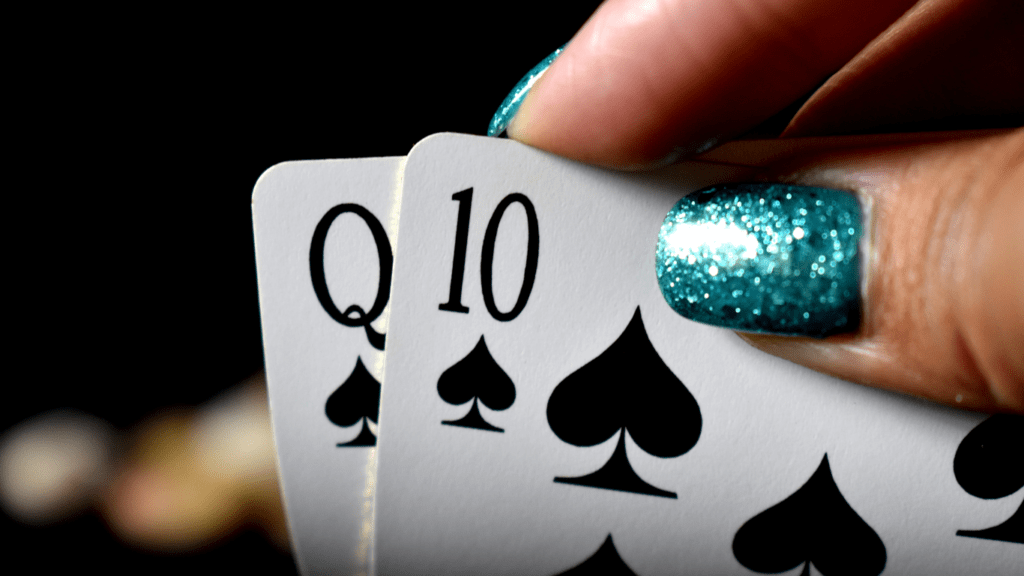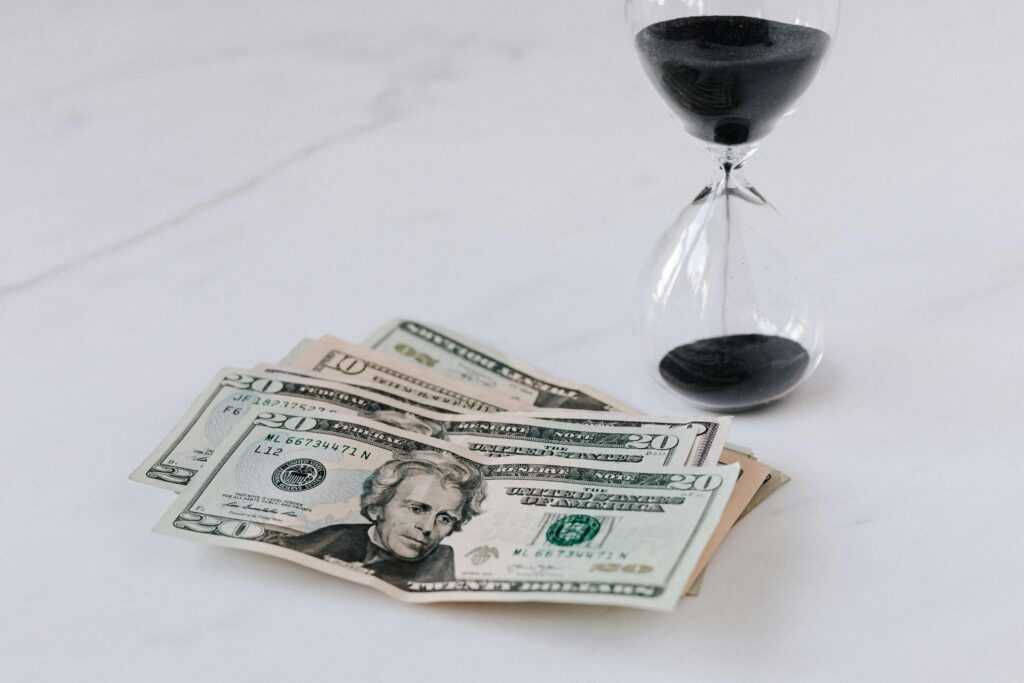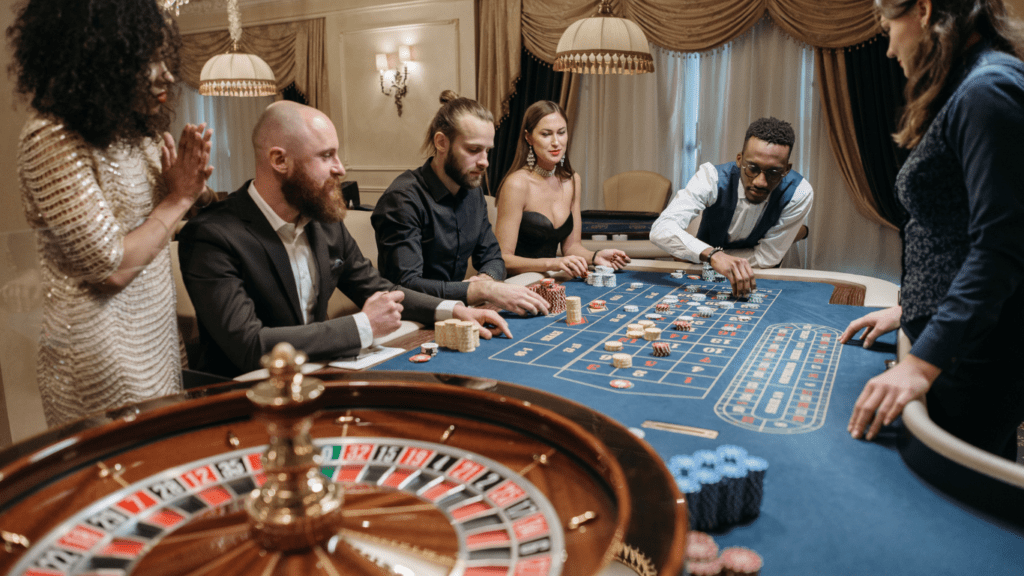Exploring the world of gambling involves more than just luck – it’s about understanding the probabilities at play. In this article, I’ll delve into the fascinating realm of using probability theory to assess the risks associated with gambling activities. By applying mathematical concepts to analyze the likelihood of different outcomes, we can gain valuable insights into making informed decisions in the realm of gambling.
From assessing the odds in casino games to evaluating potential outcomes in sports betting, probability theory serves as a powerful tool for gauging the risks and rewards of various gambling scenarios. Join me as we unravel the intricacies of how probability theory can enhance our understanding of the uncertainties inherent in the world of gambling. Let’s embark on a journey where numbers and probabilities shape the way we perceive and approach risk-taking in the realm of chance.
Understanding Probability Theory
As I navigate through the realm of assessing risks in gambling, the foundation of probability theory serves as a crucial aspect of making informed decisions in this domain.
Basics of Probability
Exploring the basics of probability unveils the fundamental principles that govern the likelihood of specific outcomes in gambling scenarios. Understanding concepts such as sample space, events, and probabilities enables a structured analysis of the potential risks involved in various gambling activities.
Key Concepts in Gambling Probability
In the realm of gambling probability, essential concepts like expected value, odds, and probability distributions play a pivotal role in assessing and managing risks. By delving into these key concepts, one can gain a deeper understanding of the underlying mathematics that govern the uncertainty inherent in gambling endeavors.
The Role of Probability in Gambling
Probability plays a crucial role in determining outcomes in the realm of gambling. Analyzing probabilities helps assess the likelihood of different results, aiding in decision-making processes.
How Probability Influences Gambling Outcomes
When engaging in gambling activities, understanding how probability influences outcomes is key. By calculating probabilities, players can make informed choices based on the likelihood of certain events occurring. This understanding guides strategies, risk assessments, and potential rewards in various gambling scenarios.
Common Misconceptions About Gambling and Probability
Despite its importance, there are common misconceptions surrounding gambling and probability. One prevalent misconception is that past events influence future outcomes in games of chance. In reality, each event is independent, and the probabilities remain constant regardless of previous results. It’s essential to recognize and address these misconceptions to make more informed decisions while gambling.
Practical Applications in Gambling
Probability theory plays a crucial role in evaluating risks within gambling. It assists in decision-making processes by providing a mathematical framework to analyze outcomes and guide strategies. Understanding how probability functions in gambling scenarios can lead to more informed choices when participating in such activities.
- Assessing Slot Machine Odds
When assessing slot machine odds, it’s essential to recognize that each spin is independent of the previous one. Despite any past outcomes, the probability of winning or losing remains constant. This understanding allows me to approach slot machines with a clear perspective, knowing that each spin offers the same probability of a particular outcome - Evaluating Risk in Betting Games
In betting games, evaluating risk involves understanding the probabilities associated with different outcomes. By utilizing probability theory, I can assess the likelihood of winning or losing a bet based on mathematical calculations rather than intuition alone. Making informed decisions about risks in betting games can enhance my overall gambling experience.
Making Better Gambling Decisions

When exploring how to make better gambling decisions, understanding the role of probability is key. By utilizing probability theory, individuals can develop effective strategies and set practical loss limits to enhance their overall gambling experience. Let’s delve into how probability can help us in these aspects:
Using Probability to Develop Gambling Strategies
In gambling, probability plays a crucial role in devising successful strategies. By analyzing the likelihood of specific outcomes, such as winning or losing a bet, I can make more informed decisions. For example, in card games like poker, understanding the probability of certain hands can help me determine when to bet, call, or fold based on the strength of my hand relative to potential winning hands others may have. This strategic approach grounded in probability theory can give me a competitive edge over other players and improve my chances of winning.
When to Walk Away: Probability and Loss Limits
Setting loss limits based on probability calculations is essential for responsible gambling. Knowing when to walk away from a losing streak can prevent significant financial losses. By incorporating probability into determining these limits, I can establish clear boundaries for my gambling sessions. For instance, if I calculate the probability of losing a certain amount of money within a given time frame, I can set a loss limit that aligns with my risk tolerance and financial stability. This disciplined approach helps me avoid impulsive decisions driven by emotions and ensures a more controlled and enjoyable gambling experience.

About the author:
Mariam Learmonth is a key contributor at RiskItWisely, known for her insightful articles and creative approach to gambling and related societal issues. Learn more




